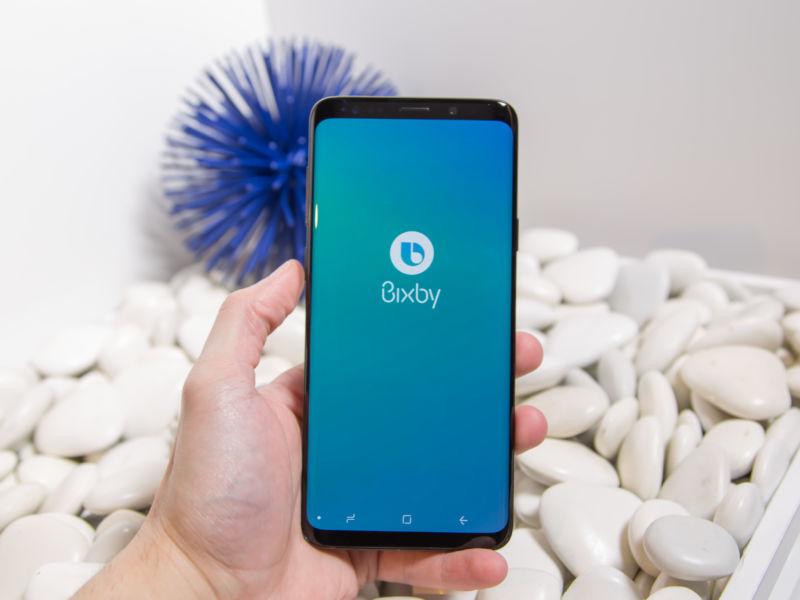Source: Ars Technica

Enlarge / Bixby on the Galaxy S9. (credit: Ron Amadeo)
Reuters and Bloomberg are both independently reporting that Google is pushing Samsung to back away from its duplicate Android ecosystem and promote Google apps instead. A "correspondence" between the two companies was seen by both sites, which saw Google push Samsung to promote the Play Store and Google Assistant over the Galaxy App Store and Samsung's Bixby assistant. Google was apparently willing to open its wallet and pay Samsung to make it happen.
Bloomberg's interpretation of the negotiations is pretty vague, saying the deal "would promote Google's digital assistant and Play Store for apps on [Samsung] devices." The later Reuters report is a lot more specific, saying Samsung is "considering dropping its Bixby virtual assistant and Galaxy Apps Store from its mobile devices." Reuters goes on to say that "Google is dangling more lucrative terms for Samsung than in previous deals if it retreats from its app strategy." Part of Google's immense web of Android protection is sharing ad revenue and Play Store app revenue with phone manufacturers, and offering Samsung a higher share is an easy way to bribe the South Korean company into submission.
Whether Samsung would actually be willing to kill Bixby and the Galaxy App store is up in the air. Samsung has invested piles of money in Bixby since its launch in 2017, but Bixby hasn't been very successful. Samsung acquired the assistant startup Viv Labs, which was founded by the creators of Siri, and put the company to work improving Bixby. But Samsung's voice assistant still can't hang in the same crowd as the Google Assistant, Apple's Siri, and Amazon Alexa.

